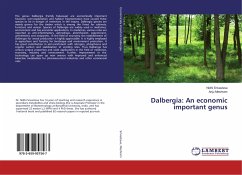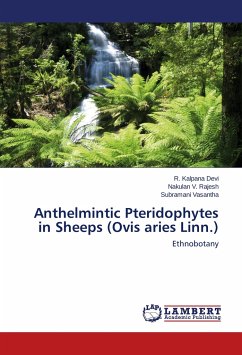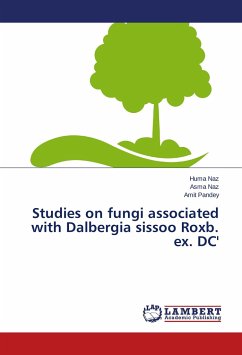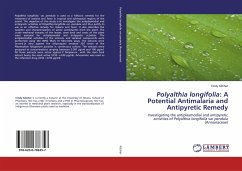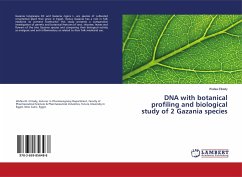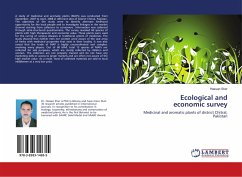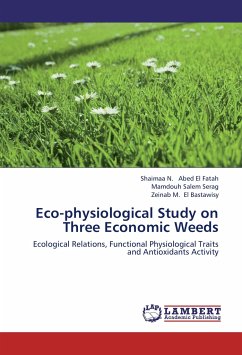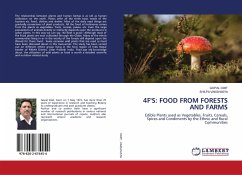The genus Dalbergia (Family Fabaceae) are economically important however, over-exploitation and habitat fragmentation have caused these species to be in danger of extinction in the tropics. Dalbergia species are mainly grown for the timber which is among the finest for cabinets, furniture and veneer. Species of Dalbergia are widely used in medicines, environment and has economic applications. In medicines, various roles are reported as anti-inflammatory, aphrodisiac, abortifacient, expectorant, anthelmintic and antipyretic. In the field of economy, the establishment of Dalbergia for wood production is highly appreciable. It is highly employed in agriculture and forestry for landscape and environment protection. It has great contribution in soil enrichment with nitrogen, phosphorus and organic carbon and stabilization of eroding sites. Thus Dalbergia has various unique properties and wide applications in the field of medicines, economy, industry and environment. Further, improvement in the technology can open up new avenue with improved and enhanced bioactive metabolites for pharmaceutical industries and other commercial uses.
Bitte wählen Sie Ihr Anliegen aus.
Rechnungen
Retourenschein anfordern
Bestellstatus
Storno

